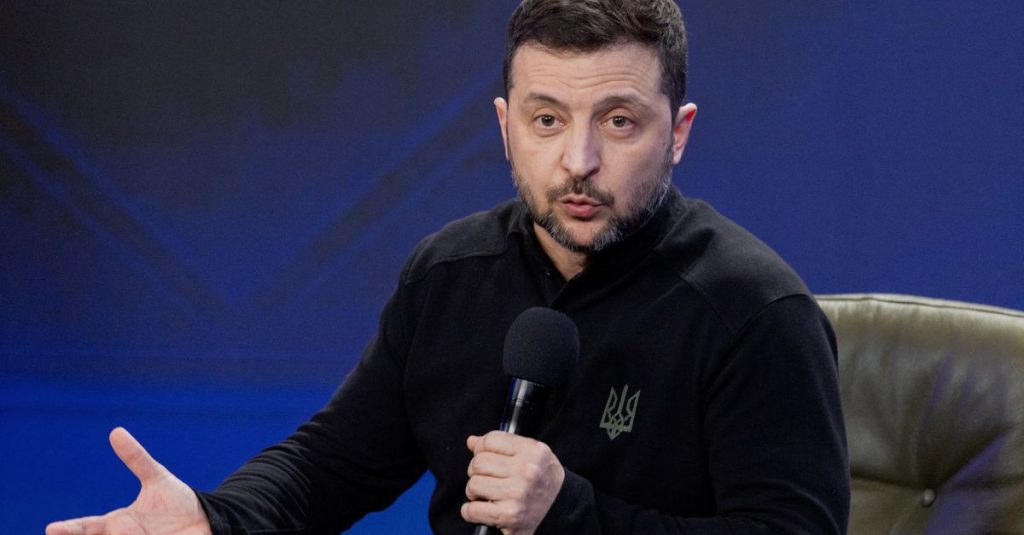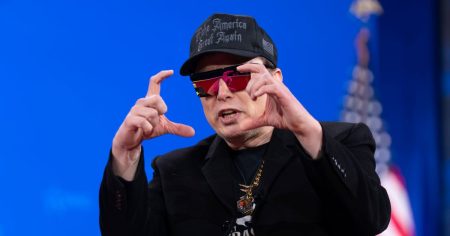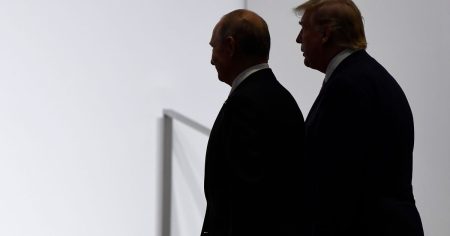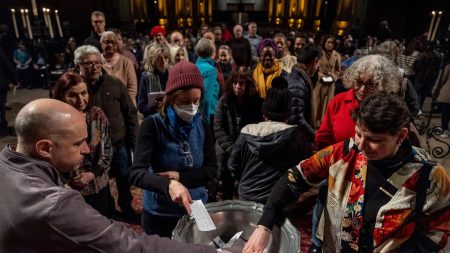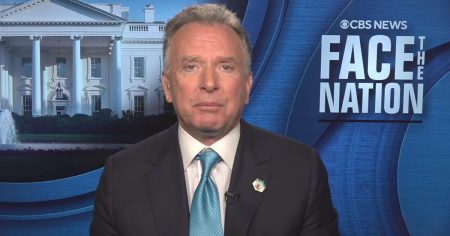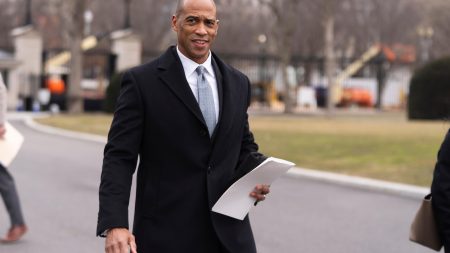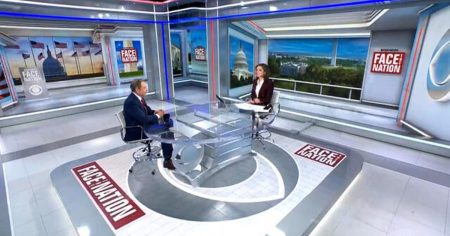A New Chapter in U.S.-Ukraine Relations: The Withdrawal of the $500 Billion Proposal
On Sunday, President Volodymyr Zelenskyy of Ukraine announced that a contentious U.S. proposal, which would have required Ukraine to hand over $500 billion in profits from its rare minerals as compensation for wartime assistance, has been taken off the table. This decision signals a potential shift in the negotiations between the two nations, hinting at progress toward a more balanced agreement. Speaking at a forum marking the third anniversary of Russia’s full-scale invasion of Ukraine, Zelenskyy emphasized that the $500 billion figure is no longer part of the discussions. This move appears to address Ukraine’s concerns about being unfairly burdened by the deal, which had sparked tension between the two allies.
The proposal, initially pushed by U.S. officials under President Donald Trump, sought to grant the United States access to Ukraine’s rare earth minerals, such as lithium, in exchange for the significant military and financial aid provided to Ukraine during the war. However, Zelenskyy had previously rejected the draft agreement, citing the lack of security guarantees and the hefty $500 billion price tag. The Ukrainian leader argued that framing U.S. aid as a debt to be repaid would set a dangerous precedent, forcing Ukraine to reimburse all its international backers. “We do not recognize the debt,” Zelenskyy declared, making it clear that such terms would not be included in the final agreement.
A Win-Win Partnership? U.S. Officials Weigh In
Despite the withdrawal of the $500 billion proposal, U.S. officials remain optimistic about reaching a deal that would allow the U.S. to play a greater role in exploiting Ukraine’s valuable minerals. Steve Witkoff, Trump’s special envoy to the Middle East, expressed confidence that an agreement could be reached as early as this week. Witkoff described the potential deal as a “win-win” for both nations, emphasizing mutual benefits. Similarly, Treasury Secretary Scott Bessent echoed this sentiment, stating, “We make money if the Ukrainian people make money.” Bessent framed the proposed partnership as a collaborative effort, where both countries could prosper through the exploitation of Ukraine’s mineral resources.
However, the negotiations are not without their challenges. Zelenskyy’s chief of staff, Andrii Yermak, and Economic Minister Yuliia Svyrydenko left the Kyiv forum early to engage in talks with U.S. officials, indicating the complexity and sensitivity of the ongoing discussions. Yermak later reported on social media that he had held a “constructive conversation” with U.S. officials, including Bessent and Trump’s national security adviser, Mike Walz. Yermak’s optimistic tone suggested that progress is being made, though the final terms of the agreement remain unclear.
Zelenskyy’s Stance on Peace and Presidency
In a dramatic statement, Zelenskyy revealed that he would be willing to relinquish his presidency if it meant achieving a lasting peace under the security umbrella of NATO. “If to achieve peace, you really need me to give up my post, I’m ready,” he said. “I can trade it for NATO.” This remark came in response to a reporter’s question and appeared to address recent suggestions by Trump and Russian President Vladimir Putin that elections should be held in Ukraine despite the country being under martial law. Zelenskyy’s willingness to step down underscores his commitment to securing Ukraine’s future, even if it means personal sacrifice.
However, Zelenskyy’s comments also reflect growing concerns about external interference in Ukraine’s internal affairs. Trump’s recent engagement with Russian officials, including the reopening of diplomatic ties and economic cooperation with Moscow, has raised alarms in Kyiv and across Europe. Zelenskyy has expressed fear that Trump’s push for a quick resolution to the conflict could result in Ukraine losing territory and being left vulnerable to future Russian aggression. Despite U.S. assurances that Ukraine would be involved in any peace talks, Trump’s recent remarks—for example, his suggestion that Kyiv had started the war—have deepened mistrust.
Europe’s Role in the Shifting Landscape
As the U.S. and Ukraine navigate their relationship, European leaders are preparing to play a more active role in supporting Kyiv. Ursula von der Leyen, president of the European Commission, and other top EU officials are scheduled to arrive in Kyiv on Monday for talks with Zelenskyy and his government. These discussions are likely to focus on maintaining European support for Ukraine, particularly if U.S. aid is scaled back or terminated. Zelenskyy has also announced plans to visit a European capital in the coming weeks to discuss security guarantees with EU leaders.
Meanwhile, the U.K. has announced its intention to impose new sanctions on Russia, described as the largest package since the early days of the war. Foreign Secretary David Lammy emphasized that the measures aim to “erode Russia’s military machine and reduce revenues fueling the fires of destruction in Ukraine.” Additionally, British Prime Minister Keir Starmer and French President Emmanuel Macron are set to visit Washington this week in a coordinated effort to dissuade Trump from abandoning Ukraine in pursuit of a peace deal with Russia.
Russia’s Escalation and the Ongoing War
Amid the diplomatic maneuvering, Russia continues to escalate its attacks on Ukraine. On the eve of the third anniversary of its invasion, Russia launched a record-breaking barrage of 267 strike drones, surpassing any previous single attack. While Ukraine’s air force reported shooting down 138 drones, the remaining 119 still reached their targets, causing widespread destruction. One person was killed in the city of Kryvyi Rih, and other regions were also impacted.
Reacting to the attacks, Ukraine’s Minister of Foreign Affairs, Andrii Sybiha, condemned Russia’s actions, stating, “No one should trust Putin’s words. Look at his actions instead.” Sybiha’s remarks highlight the deep mistrust between Ukraine and Russia, as well as the broader international community’s skepticism of Putin’s intentions.
Looking Ahead: A Fragile Balance of Power
The withdrawal of the $500 billion proposal marks a significant turning point in U.S.-Ukraine relations, but the road ahead remains fraught with challenges. Zelenskyy’s willingness to sacrifice his presidency for NATO membership underscores the desperation for a secure future, while Europe’s increasing involvement reflects the growing urgency of the situation. At the same time, Russia’s relentless attacks serve as a grim reminder of the ongoing war and the immense human cost involved.
As diplomatic efforts intensify, the coming weeks will be critical in determining the trajectory of the conflict. Will the U.S. and Ukraine find a mutually beneficial agreement? Can Europe rally to support Kyiv in the face of U.S. policy shifts? And will Russia’s aggression force the international community to take a firmer stand? The answers to these questions will shape not only the fate of Ukraine but also the broader balance of power in Europe and beyond.





